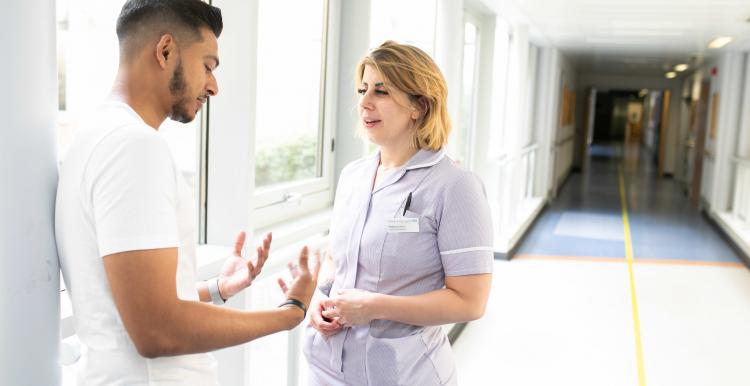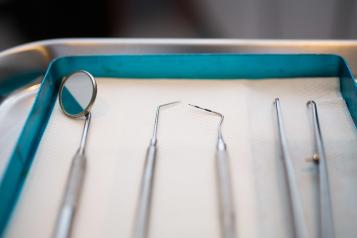Advice on NHS complaints process from 1 February 2021

The Department of Health and Social Care has advised that the Local Authority Social Services and NHS Complaints Regulations 2009 have not been repealed or amended, and all healthcare organisations must continue to comply with them. However, they have agreed that in some settings it may take longer to respond to a complaint and consider it permissible up until 30 April for this to go beyond the usually required six months.
Have you submitted a formal complaint to the NHS recently?
If you are worried about an on-going complaint investigation with a GP or hospital in Royal Greenwich, please contact us and we will be able to advise you on what to do next.
All healthcare organisations should opt to operate as usual regarding the management of complaints if they are able to do so. However, those organisations that need to process complaints more slowly must follow this guidance:
- Ensure that patients and the public are still able to raise concerns or make a complaint, but that the expectation of when an investigation and response are likely to be completed is managed in each case.
- Continue to acknowledge complaints (within three working days as per the regulations), log them on their respective systems, triage them for any immediate issues of patient safety, practitioner performance or safeguarding and take immediate action where necessary. This triage should be overseen by an experienced and senior complaints handler. All complaints should then be investigated and responded to as soon as NHS organisations are able to do so, unless an informal resolution can be achieved, or the complainant chooses to withdraw their complaint.
- In secondary care where PALS offices still operate, they could still provide support by email and telephone and this should be encouraged for patients and the public to engage with the organisation.
- CCGs should ensure that they continue to have open channels of communication with patients and the public.
- Be especially mindful of complainants who were impacted by the pause which took effect between 1 April and 30 June (their complaint may have been received prior to 1 April or during the pause) and ensure their complaints are prioritised and not further impacted wherever possible.
This will be effective from 1 February to 30 April. Every effort should be made to avoid developing backlogs of complaints where it is possible to investigate and respond to the issues raised.


